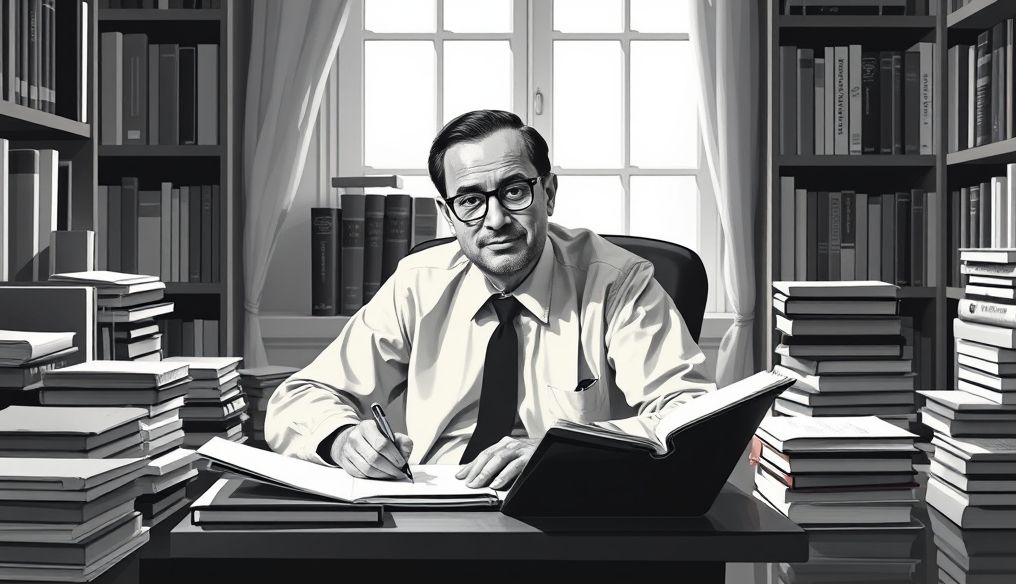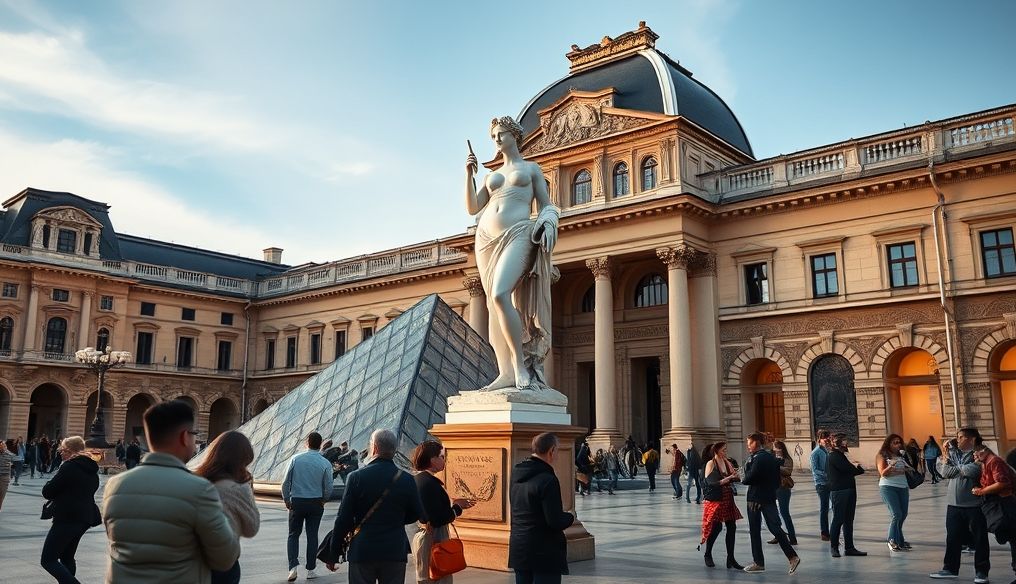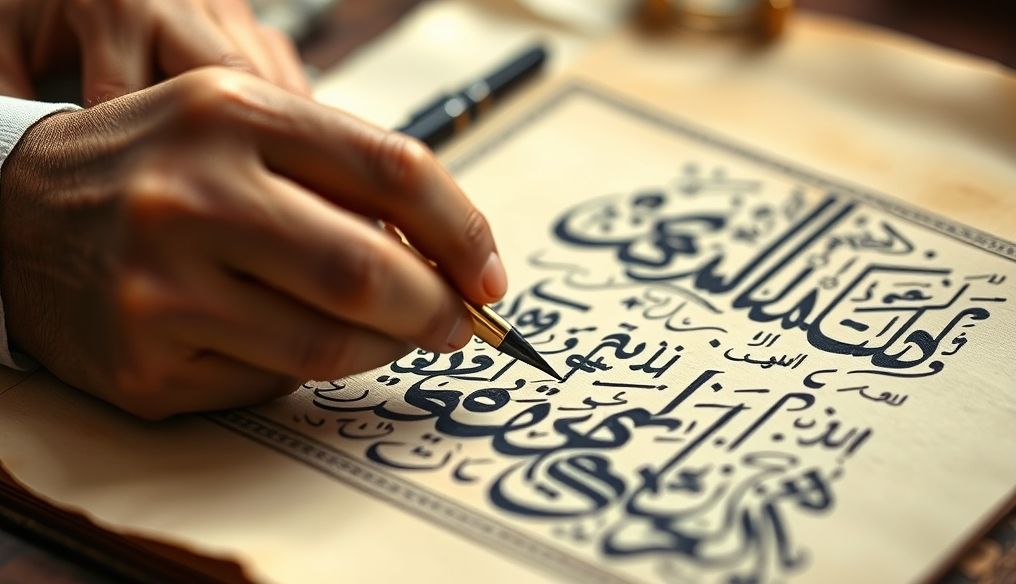Who is Naguib Mahfouz?
Naguib Mahfouz Abdel Aziz Ibrahim Ahmed El-Basha, born on December 11, 1911, in the Al-Gamaliya district of Cairo, and died on August 30, 2006. He is considered one of the most important Arab novelists and writers of the 20th century, and the first Arab to win the Nobel Prize in Literature. His works were characterized by realism, deep psychological analysis of characters, and portrayal of social and political life in Egypt.
His Upbringing and Education
Naguib Mahfouz grew up in a middle-class family; his father was a government employee. He enrolled at Cairo University (then known as the Egyptian University) and obtained a Bachelor of Arts in Philosophy in 1934. After graduating, he worked as an employee in the Ministry of Endowments, then in the Arts Department, and then in the Ministry of Culture.
His Literary Beginnings
Naguib Mahfouz began his literary career by writing historical novels, such as "Khufu's Wisdom," "Rhadopis of Nubia," and "Thebes at War." Then he moved to writing realistic novels that reflect contemporary Egyptian life, which brought him wide fame.
Why Did Naguib Mahfouz Win the Nobel Prize?
Naguib Mahfouz won the Nobel Prize in Literature in 1988 "who, through works rich in nuance—now clear-sightedly realistic, now evocatively ambiguous—has formed an Arabian narrative art that applies to all mankind." The main reasons can be summarized as follows:
Depth and Realism in Portraying Egyptian Society
Naguib Mahfouz's works were characterized by an accurate and realistic portrayal of Egyptian society with all its classes and categories. He monitored the transformations of society, its conflicts, and its contradictions, in a unique narrative style.
- Examples: The novel "Cairo Modern" which dealt with the corruption of political and social life in Egypt in the pre-1952 revolution period. The novel "Midaq Alley" which depicted the lives of residents of a popular neighborhood in Cairo during World War II.
Deep Psychological Analysis of Characters
Naguib Mahfouz did not only portray characters from the outside, but delved into their inner selves, and revealed their feelings, thoughts, and motives. He presented complex and multifaceted characters, reflecting different aspects of the human psyche.
- Examples: The character of "Ahmed Abd El-Gawad" in the Cairo Trilogy, who represents the authoritarian father who lives a double life. The character of "Si El-Sayed" in the same trilogy, which expresses the traditions and social customs that restrict women.
Unique Narrative Style
Naguib Mahfouz's style was characterized by simplicity and clarity, with a superior ability to use the Arabic language to express the finest details and feelings. He used various narrative techniques, such as stream of consciousness, internal dialogue, and multiple voice narration.
"who, through works rich in nuance—now clear-sightedly realistic, now evocatively ambiguous—has formed an Arabian narrative art that applies to all mankind."
Universal Human Issues
Naguib Mahfouz's works were not limited to portraying Egyptian society, but dealt with universal human issues, such as freedom, justice, love, death, and the existential meaning of life. These issues made his works globally resonant, and transcended geographical and cultural boundaries.
- Examples: The novel "Children of Gebelawi" which sparked wide controversy due to its symbolic treatment of religion and power. The novel "The Thief and the Dogs" which deals with the issue of justice and revenge.
The Most Important Works of Naguib Mahfouz
Naguib Mahfouz left a huge literary legacy, which includes many novels, short stories, and plays. Among his most important works:
- The Cairo Trilogy: Palace Walk, Palace of Desire, Sugar Street.
- Midaq Alley.
- Cairo Modern.
- Children of Gebelawi.
- The Thief and the Dogs.
- Adrift on the Nile.
- Khan el-Khalili.
- Beginning and the End.
- The Harafish.
The Literary Legacy of Naguib Mahfouz
Naguib Mahfouz is considered one of the greatest novelists in the history of Arabic literature. His works have influenced generations of writers and readers, and contributed to the development of the Arabic novel. His works have been translated into many languages and have achieved global success. Naguib Mahfouz continues to inspire writers and readers around the world, and his works are studied in universities and literary institutes.
His Impact on Arabic Literature
Naguib Mahfouz revolutionized the Arabic novel, moving it from romanticism and historical fiction to social and psychological realism. He inspired many Arab writers to follow in his footsteps, and to present novels that reflect the reality of their societies.
His Honors and Awards
Naguib Mahfouz received many awards and honors, including:
- The State Prize for Literature in 1972.
- The Nobel Prize in Literature in 1988.
- The Grand Collar of the Nile, the highest Egyptian decoration.
Conclusion
Naguib Mahfouz is not just a writer, but the voice of Egypt, and the conscience of the Arab nation. Through his words, he was able to paint a vivid picture of Egyptian society, and to express its hopes and pains. Naguib Mahfouz will remain a symbol of literary creativity, and an inspiration for future generations.
Note: This article provides an overview of the life, works, and reasons for Naguib Mahfouz winning the Nobel Prize. Each aspect of these can be expanded upon in more detailed articles.




